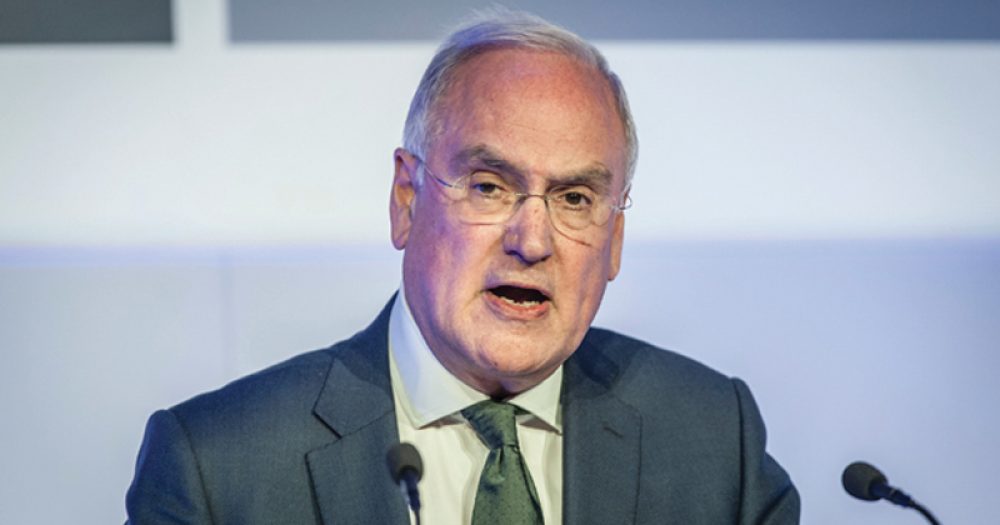Sir Michael Wilshaw has backed the government over controversial changes to key stage 1 SATs which led to thousands of children being kept off school today in protest.
Ofsted’s chief inspector said he “fully supports” the introduction of tougher tests for primary pupils so that teachers can “identify weaknesses” in literacy and numeracy at an early age.
In the last month more than 46,000 people signed a petition supporting a boycott of year 2 SATs by teachers, and many parents pledged to keep their children off school today as an act of protest over the new national curriculum tests due to begin next month.
But Wilshaw said the government is right to “introduce greater structure and rigour” into the assessment process.
“Those who oppose this testing need to consider England’s mediocre position in the OECD education rankings,” he said.
“As I have long argued, children who fall behind in the early years of their education struggle to catch up in later years.
“If by the age of seven, a child has not mastered the basic skills of reading, writing and mathematics, the odds will be stacked against them for the rest of their lives. This is especially the case for poorer children.”
Wilshaw added that it is “critical to lay solid foundations” from the start of a child’s education because evidence shows that social mobility does not start at “16 or even 11”.
He also said he understands testing can “sometimes be stressful” but he is confident that most schools do “everything they can to minimise” this.
Organisers of today’s protests said the changes to SATs tests creates a “school system that places more importance on test results and league tables than children’s happiness and joy of learning”.
Headteachers will have to decide whether to record pupil absences related to the parent protests as authorised or not and if unauthorised, whether to issue fines.
However, members of the National Association of Headteachers said at the union’s annual conference in Birmingham this weekend that while it wouldn’t be “fair” for leaders to authorise absences on the grounds of protest, breaches would not necessarily lead to action against parents.







There’s no evidence that frequent testing, especially at such an early age, raises performance in PISA tests. The OECD issued recommendations about improving performance of low-achieving pupils. Testing was NOT one of them. You’d think those who so quickly evoke PISA could be bothered to read what the OECD actually says. http://www.localschoolsnetwork.org.uk/2016/05/as-thousands-of-parents-protest-against-tests-theres-no-evidence-frequent-testing-raises-performance
And does Sir M think teachers are so incompetent they can’t spot when children are struggling? That’s what formative assessment does. Teachers don’t need mandatory, summative tests to find out what children can do.
“It is “critical to lay solid foundations” from the start of a child’s education because evidence shows that social mobility does not start at “16 or even 11”. Don’t get me started on this one…parents need spend time talking and playing with their children and ensure they are ‘school ready’ before starting early years. That way, the foundations would’ve already been laid.
Perhaps Sir M needs to look at countries in the world who are in the top set.Are they testing as young as this?I have serious doubts but our political masters know best!!.